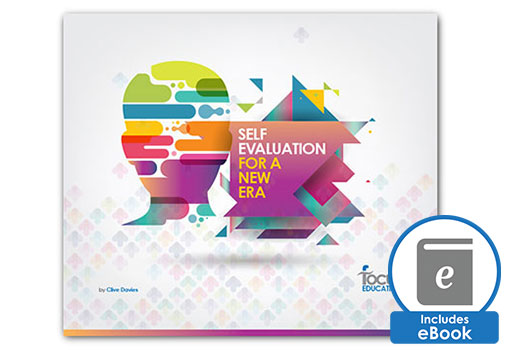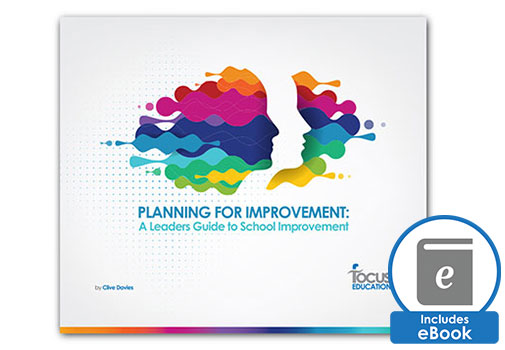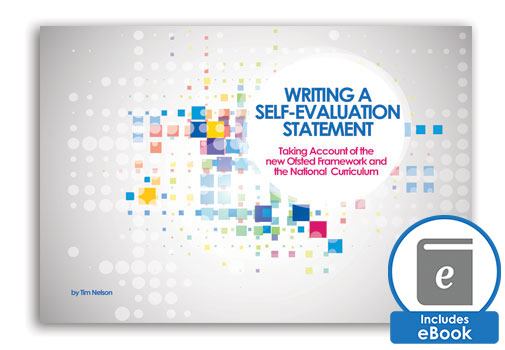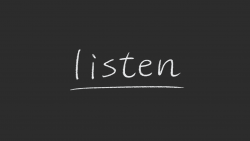
PSHE is not a deep dive subject, but inspectors definitely do focus on PSHE as part of the wider evidence gathering and evaluation to support the judgement for personal development. From schools and MATs I work with, here are twelve top tips to consider in relation to personal development and PSHE in school, not just for inspectors but as part of the school’s own self-evaluation processes, ensuring the best outcomes for the children.
So, in no particular order:
- What does the information on the school website suggest about personal development in the school? Are the curriculum overviews for PSHE as thorough as the information provided for other subjects? (One school had a real focus on PSHE in their recent inspection, and it turned out it was in a large part because there was a marked difference in the information they provided online about PSHE and British Values, compared with the detailed overviews on the school website for national curriculum subjects) Does the website provide information about the broader curriculum, for example clubs, enrichment and learning how to stay safe? Is any PSHE and/or personal development related work celebrated on the website?
- Is there a clear rationale for how PSHE is taught and the decisions that have been made about the curriculum? As with any subject, if a school uses a commercial scheme why was it chosen? Has it been adapted at all to meet the needs of children and reflect local context?
- What are the key elements of personal development that have been identified by the school as most important for children? How are they seen within the school’s curriculum plans?
- How clear is the personal development curriculum about the knowledge pupils will learn and remember, over time? Does this build on prior learning and children’s experiences from starting points, with clear links between EYFS and KS1, and from one year group to the next through the rest of the school?
- Is there statutory coverage of the RSE curriculum? Are staff confident in teaching this and have their CPD needs been addressed? Has teaching and learning been monitored?
- Can you summarise the impact of any staff training? How has it improved teaching and outcomes for pupils? A couple of examples to illustrate this would be really useful. This could show how the need was identified, perhaps informally through discussions with a teacher or more formally through CPD was then put in place, and as a result of subsequent monitoring, which could have included pupil voice, staff voice or work scrutiny, the impact was evident. Having an example for an individual or small group of teachers, and an example across the school or key stage, perhaps when a new resource was introduced or the curriculum changed, would be useful if relevant.
- What opportunities do children have to develop their character? The DfE published their ‘Character education framework’ back in 2019, but it went unnoticed in many schools once the pandemic struck. It’s still useful now to refer to as a starting point, and consider their Character Benchmarks.
- How does the personal development of children reflect the school’s aims, values and mission statement? Are there clear links and are these made explicit to children over time? Consider whether the children can articulate this? Has the school checked the impact through their own pupil voice monitoring? Again, have a couple of examples ready to show how the school aims percolate through into the overall day-to-day provision and curriculum. This could include how values are the focus of assemblies and reward systems, or how the people studied in history, art or music demonstrated certain attributes linked to school values.
- Finally, it’s useful to check that everyone is familiar with the initials SMSC. In fact, check they are more than familiar and know what they actually stand for. I know that sounds obvious but I knew colleagues who have joined the profession as ECTs and have not actually encountered ‘SMSC Development ‘ during training. Likewise, Governors who have taken on the role since ‘ British Values and SMSC’ hit the headlines a good few years ago now have not necessarily come across what it actually means, or looks like in schools. And SMSC development is core to every school’s work. Consider an example or two for each of the spiritual, moral, social and cultural development of the children and discuss and share this with colleagues. Not just in case an HMI asks about it, but because it’s really important we recognise what we do so well in schools and share this to develop it further and ensure consistency of best practice.
Continue the Conversation
For more information about Tim’s courses he is running click here.
To book Tim or one of our consultants to work with your school, email us consultancy@focus-education.co.uk
You can find us on Twitter @focuseducation1 or get in touch with the Focus Education office on 01457 821 818.
Tim has been a headteacher with a successful track record; his last school had a reputation for innovation and their initiatives have been utilised by others and presented internationally.
School improvement has been at the heart of his career, working as an LLE, a School Improvement Partner, Professional Partner as well as an Ofsted inspector and mentor for trainee inspectors.









